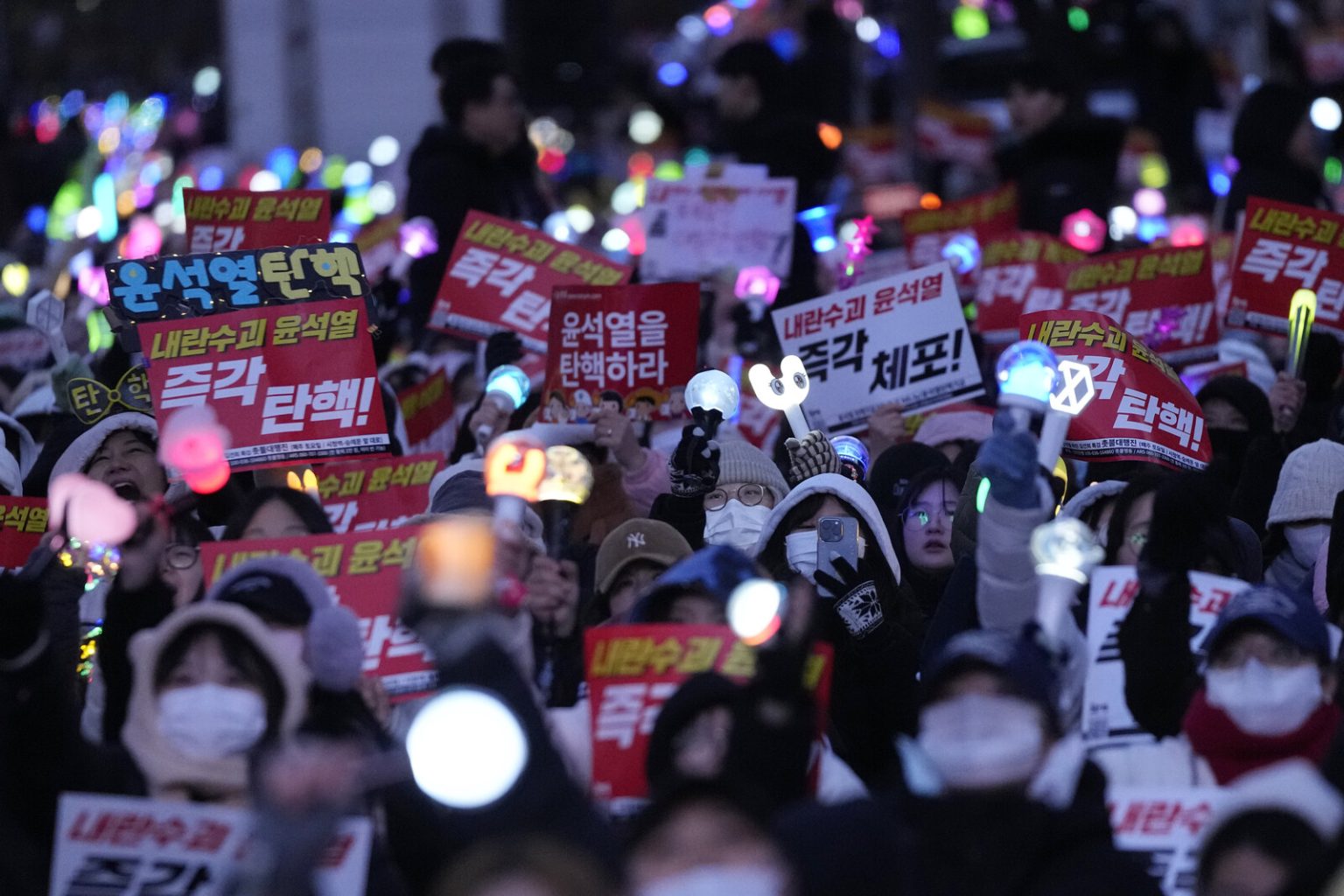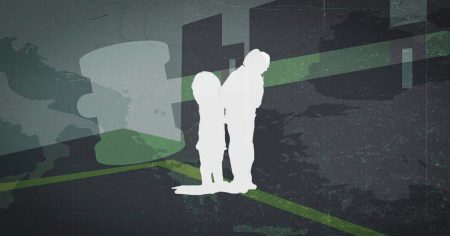The Controversial State of Emergency and its Potential Repercussions for President Yoon
South Korean President Yoon Suk-yeol finds himself embroiled in a rapidly escalating political crisis following his declaration of a short-lived state of emergency last week. This drastic measure, met with widespread condemnation and accusations of executive overreach, has thrust the nation into a period of uncertainty and raised serious questions about the President’s future. The opposition, emboldened by public discontent, is pursuing avenues to hold President Yoon accountable, including potential travel bans, criminal investigations, and renewed efforts for impeachment. The situation remains volatile, with the potential to significantly impact the political landscape of South Korea.
The controversy stems from the President’s decision to invoke emergency powers, a move critics argue lacked sufficient justification and constituted an abuse of authority. While the specifics of the emergency declaration remain somewhat opaque, reports suggest it was enacted in response to perceived threats. However, the opposition contends that these threats were exaggerated and served as a pretext for consolidating presidential power. The swift backlash against the declaration underscores a deep-seated concern about democratic backsliding and the potential erosion of checks and balances within the South Korean government.
Adding fuel to the fire, the police, according to the news agency Yonhap, are considering both a travel ban and a criminal investigation against President Yoon. Such measures, if implemented, would represent an unprecedented development in South Korean politics and could potentially lead to the President’s removal from office. The prospect of a sitting president facing criminal charges underscores the gravity of the situation and the determination of the opposition to hold him accountable for his actions. The details of the potential charges remain unclear at this time, but the ongoing investigation promises to be a focal point of national attention in the coming weeks.
While President Yoon narrowly survived an impeachment vote on Saturday, the reprieve may be short-lived. The opposition leader has publicly vowed to pursue a second impeachment attempt, signaling a protracted political battle. The opposition’s persistence reflects a belief that the President’s actions warrant removal from office and a determination to see the process through, regardless of the initial setback. This looming threat of a renewed impeachment effort hangs heavily over the presidency, further destabilizing the political climate.
The President’s actions have not only sparked political turmoil but have also eroded public trust. Critics argue that the declaration of a state of emergency was a disproportionate response to the perceived threat and represented a dangerous precedent for future executive actions. This erosion of public confidence could have long-term consequences for the President’s ability to govern effectively and further fuel calls for his resignation or removal.
The unfolding political drama in South Korea highlights the fragility of democratic institutions and the importance of upholding the rule of law. The potential for a travel ban, criminal investigation, and a second impeachment vote against a sitting president underscores the seriousness of the allegations and the determination of the opposition to hold President Yoon accountable. The coming weeks will be crucial in determining the future of President Yoon’s presidency and the direction of South Korean politics. The outcome will undoubtedly have a significant impact on the country’s stability and its relationship with the international community.














